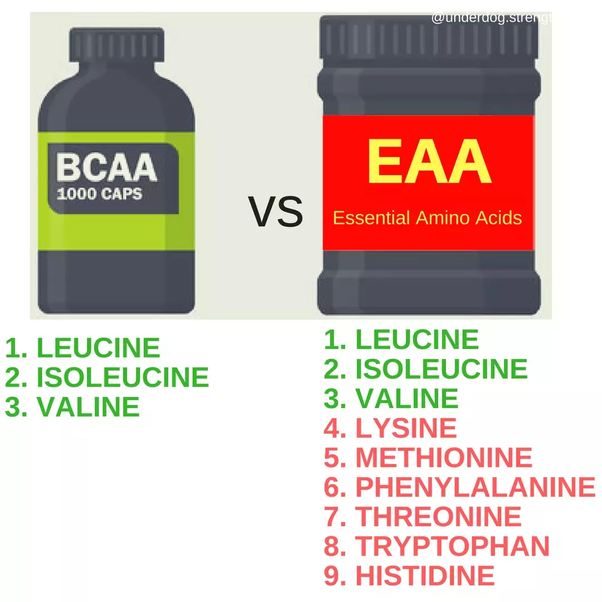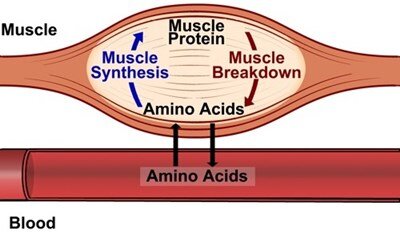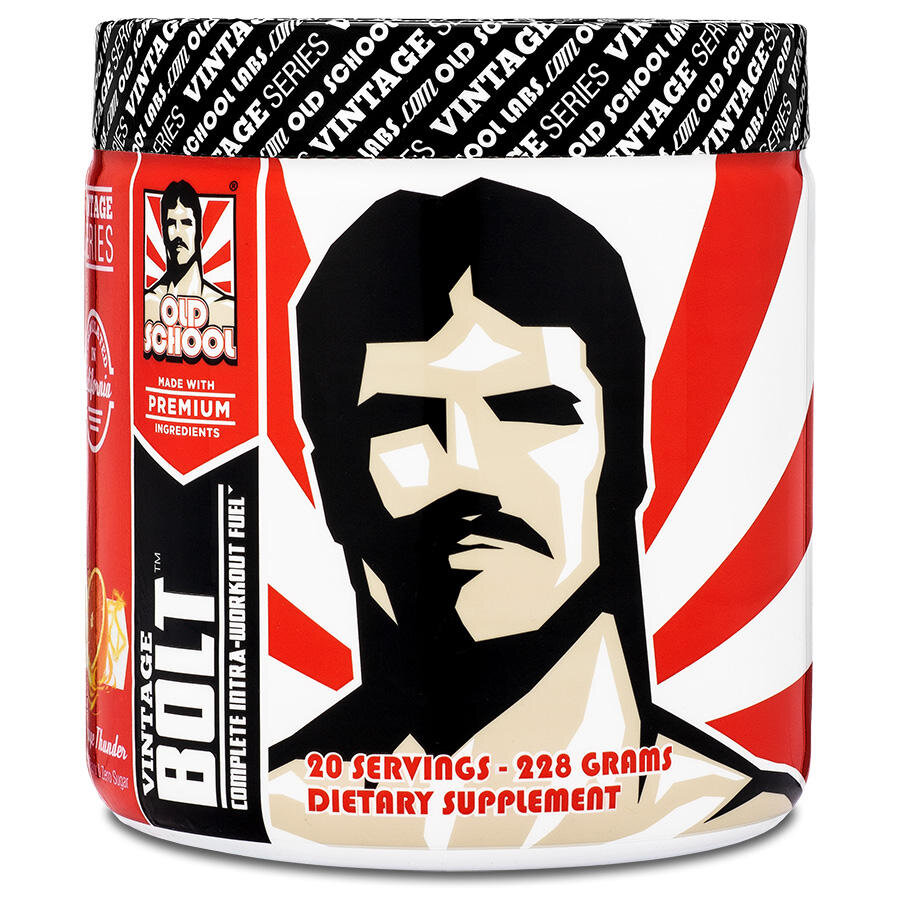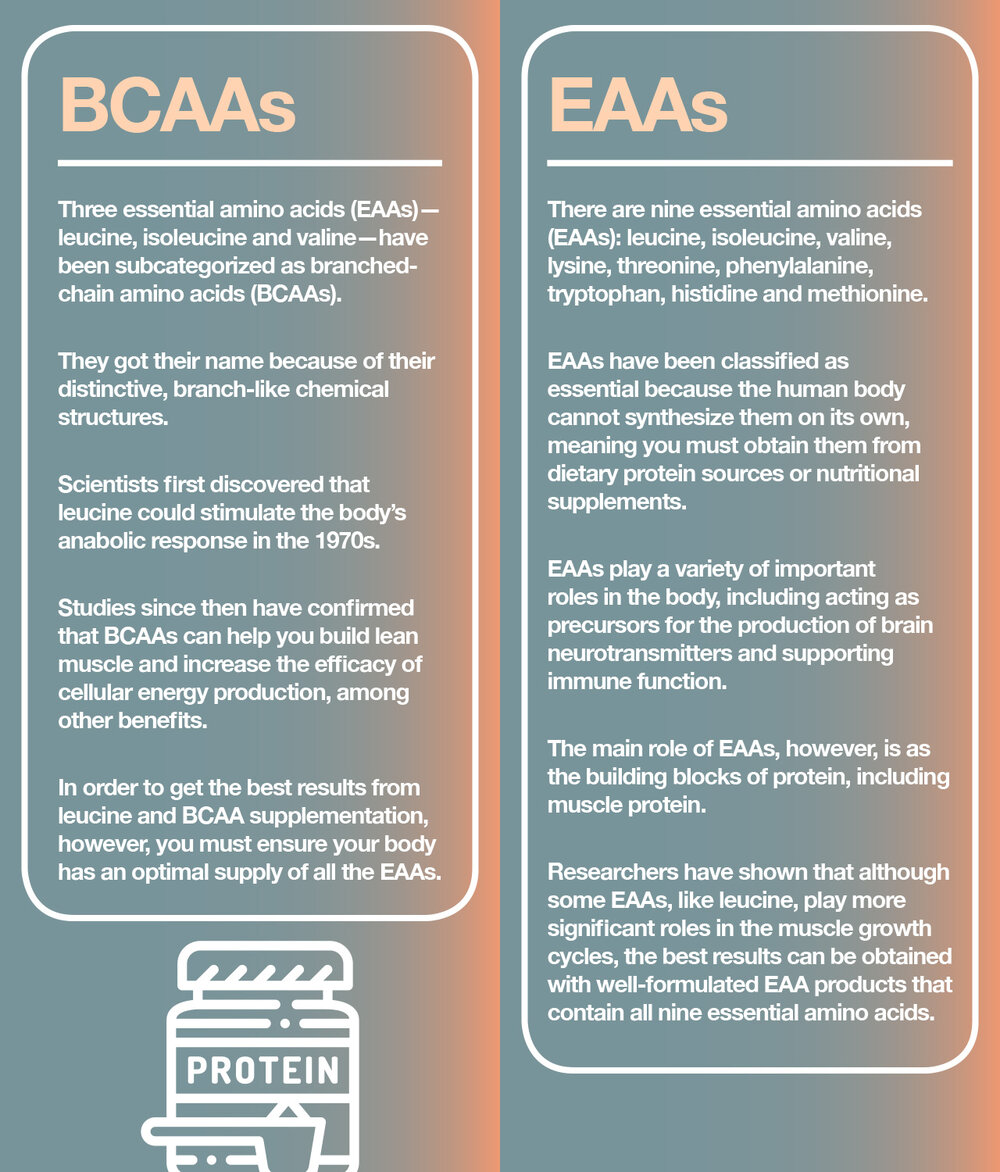What’s up Cobracor Camp! Time to dive into another controversial topic. For many people, ‘cholesterol’ is a word that strikes fear into every health-conscious individual’s soul. After all, cholesterol is responsible for every major travesty since the dawn of time, right? Wrong! Cholesterol is probably the most misunderstood lipid in the history of the world, and I feel like setting the record straight once and for all. As seasoned lifters, cholesterol is almost certainly something you want to monitor. Enhanced bodybuilders and athletes can certainly pay the price for having high cholesterol levels if they fail to keep an eye on things so if you want to make some serious gains, you’re going to have to closely monitor your cholesterol intake, though not necessarily in the way you think.
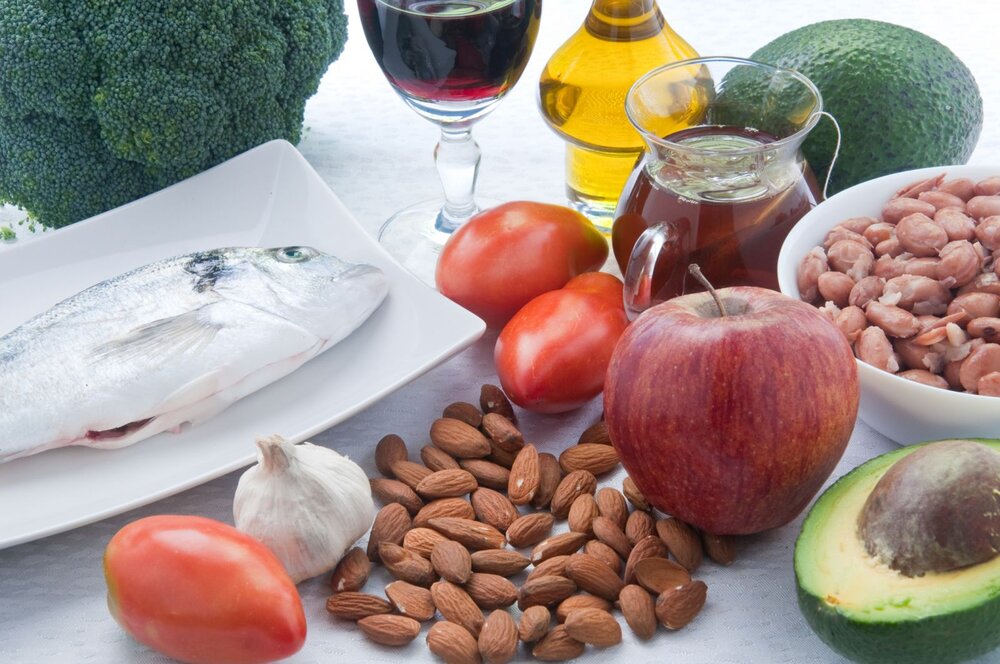
Nuts, garlic, fatty fish, fiber rich fruits, olive oil, and avocado are heavy in HDL.
What is cholesterol?
Cholesterol is an organic molecule that is a form of lipid (fat). Cholesterol is produced naturally in the liver; though certain foods also contain it. You’ve probably heard of, or read about, cholesterol over the years, and we’d wager good money that most of the content you’ve heard/read has been negative. Don’t get me wrong, there are negatives associated with SOME forms of cholesterol, but cholesterol isn’t all bad. In fact, we need some cholesterol in order to perform various physiological processes on a daily basis.
Why do we need cholesterol?
In general, the human population needs some cholesterol in their bodies because it plays countless roles in endless physiological internal processes. In fact, cholesterol is found within the outer membrane of each and every single cell within our bodies. It is also used by the body to produce bile, which is then used to break down and metabolize fats. Did we miss anything? Oh yes, so we did, and this is something that keen lifters chasing those ever-elusive gains, will want to pay very close attention to: Cholesterol is also used by the body to produce vitamin D, and steroidal hormones. Yep, that’s right, cholesterol is needed and used by the body to produce androgenic and anabolic hormones in the body, such as testosterone and growth hormone, which play essential roles in muscle growth and repair. Do I still have your attention?
Cholesterol and your gains
As you know, testosterone is a hormone which plays a crucial role in muscle growth and development. The higher your test levels, the more jacked you will likely be. Testosterone is derived from cholesterol. Without it, there would be no other natural ways for your body to produce it. Plain and simple.
Different types of cholesterol
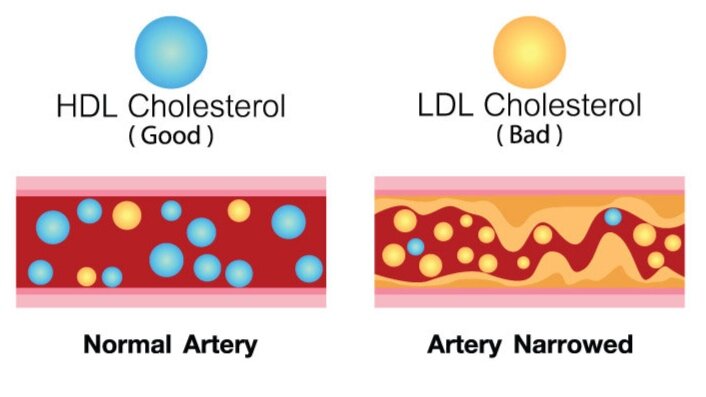
So, why is cholesterol considered dangerous? Well, as it is a lipid, it can lead to cardiovascular issues. BUT there are two types of cholesterol. We have LDL cholesterol and HDL cholesterol. LDL cholesterol, or Low Density Lipoprotein cholesterol, is the reason why cholesterol gets a bad rap. This is harmful for us as too much can cause fatty build ups and deposits in your blood vessels. This can block your arteries and cause all manner of health issues. Over time, these blockages can calcify and form plaque, which could lead to a heart attack. On the flipside, we have High Density Lipoprotein, or HDL cholesterol, which is known as ‘good cholesterol’. This is because HDL cholesterol helps to remove LDL cholesterol from your blood and out of your arteries, helping to prevent fatty deposits, build ups, and blockages. You WANT HDL, it’s like having a vacuum that cleans out your arteries.
So should we consume cholesterol?

YES. The right kind. As long as you monitor your cholesterol intake and don’t consume too much, cholesterol can actually be very beneficial, especially if you’re looking to get big and jacked. So, stop separating your egg yolks and opt for 2 – 3 yolks per day and you’ll soon be reaping the rewards.
Supplemental considerations to lower the bad stuff and raise the good stuff include niacin, Co-Q10, flax, and fish oil. Food considerations include nuts, garlic, fatty fish, extra virgin olive oil, whole grains, and fibrous fruits.
source https://www.cobracor.com/blog/cholesterol
